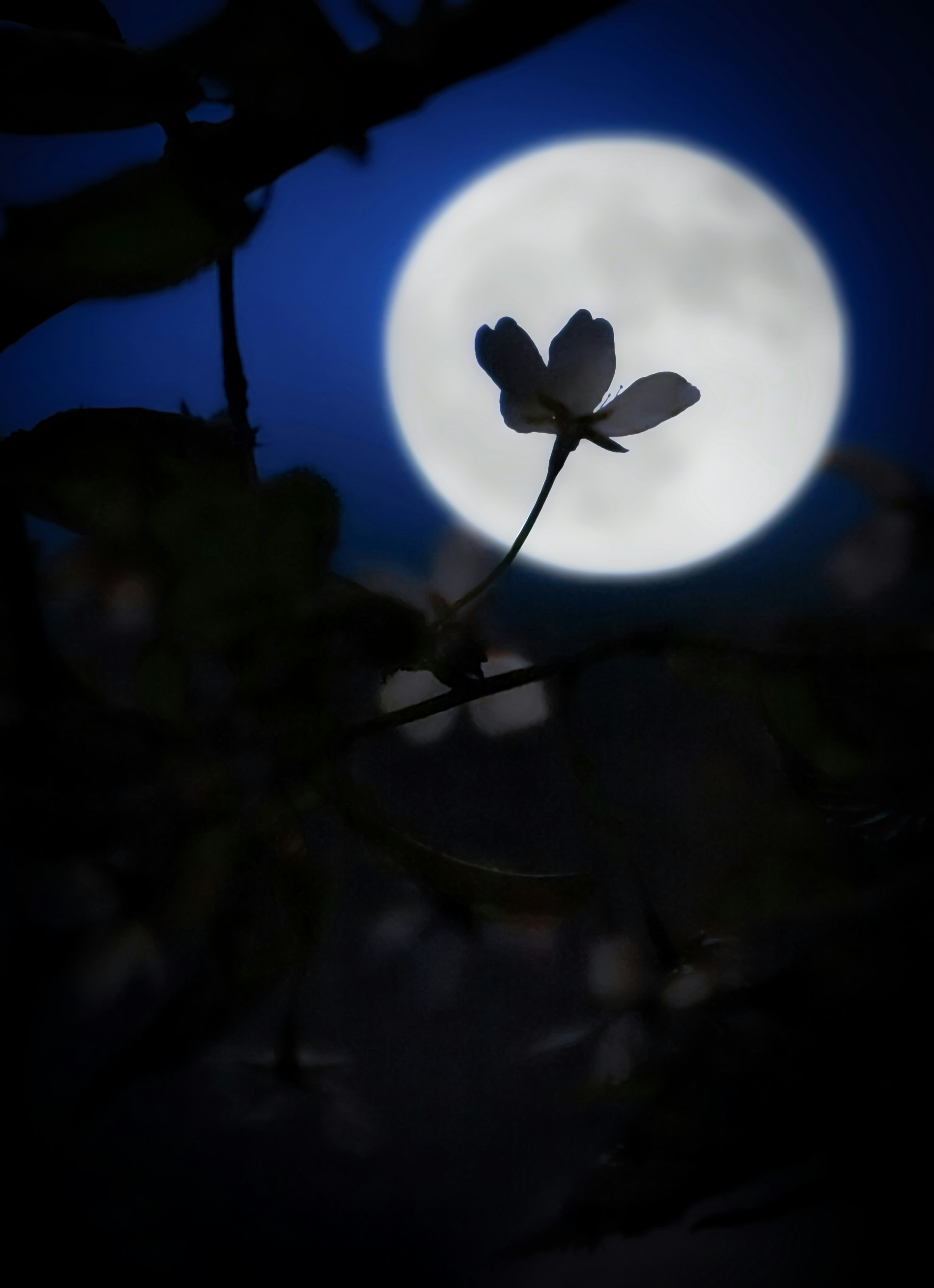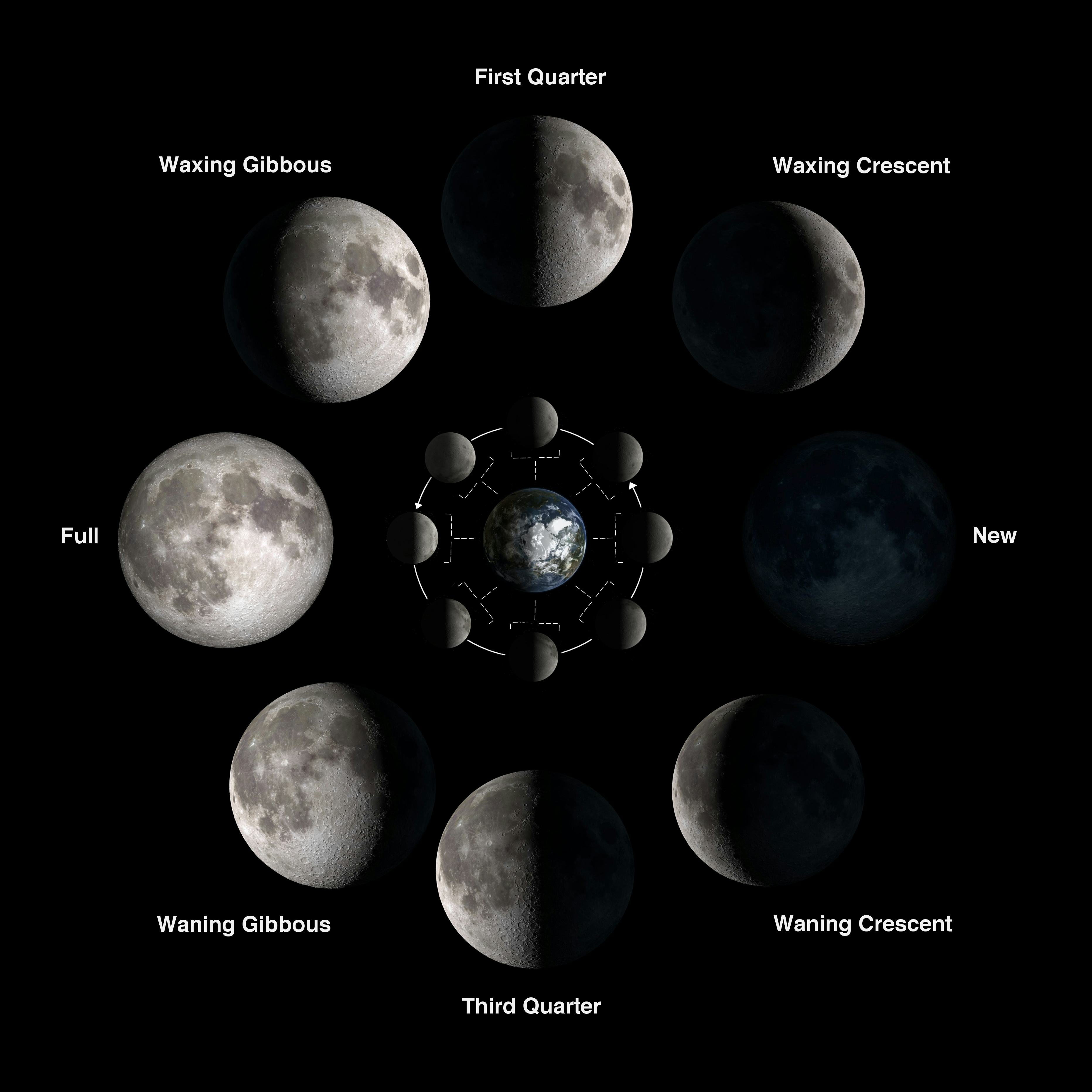
The bright glow of March’s full Moon heralds the end of winter and the beginning of spring for cultures throughout the Northern Hemisphere.
From the night of Sunday, March 5 through the morning of Wednesday, March 8, the Moon will be full and glowing brightly in the night sky. Called the Worm Moon, it makes for excellent viewing of our nearest celestial neighbor just before seasons change

What is the Worm Moon?
Some Indigenous groups in what’s now the southeastern United States call this month’s Full Moon the Worm Moon, because it appears at the same time as the first signs that earthworms are emerging to wriggle through the thawing topsoil.
Further north, other Indigenous groups call this the Crow Moon, because its appearance coincides with the first springtime cawing of crows; the Crust Moon, because the snow thaws during the warmer days and refreezes into a brittle crust at night; or the Sap or Sugar Moon, because its arrival signals that the sap is starting to rise in maple trees after a long, dormant winter, and it’s time to tap the trees for maple syrup.
If you’re not a fan of worms, you can always be super Goth about this month’s Full Moon. In Europe, people have sometimes referred to it as the Death Moon, because the last full Moon of winter signals the death of the old year.
Meanwhile, the Worm or Death Moon also signals a time for celebration: the Jewish holiday of Purim and the Hindu festival of Holi both coincide with this month’s full Moon. Purim marks the Jewish people’s deliverance from a Persian vizier’s plans for genocide in the 5th century BCE, and it’s celebrated with feasting and charitable donations. Holi celebrates the beginning of spring and the victory of good over evil, and it’s celebrated with an evening bonfire, a day-long game of throwing colored powder or water at passersby, and time with friends and family.
How to See the March 2023 Full Moon
The big, bright full Moon will be hard to miss in the night sky; just look eastward as twilight fades into darkness, or westward in the very early hours of the morning. While you’re already looking up, be sure to catch a glimpse of Venus and Jupiter moving away from their recent conjunction in the western Sky.
If you have a good pair of binoculars, this is a great time to get a closer look at the craters, mountains, and ancient lava flows on the lunar surface.
You’ll have about three nights to catch the March 2023 Full Moon, starting on the night of March 5, but it will be at its brightest on March 7. Look up your local moonrise and moonset times on a website like TimeAndDate.com or in your favorite almanac.
When Is the Next Full Moon?
The Moon will be full again on April 6. Despite its nickname, Pink Moon, the April Full Moon isn’t actually pink; it’s named for a flowering herb that blooms at around the same time as the Moon turns full each April.







